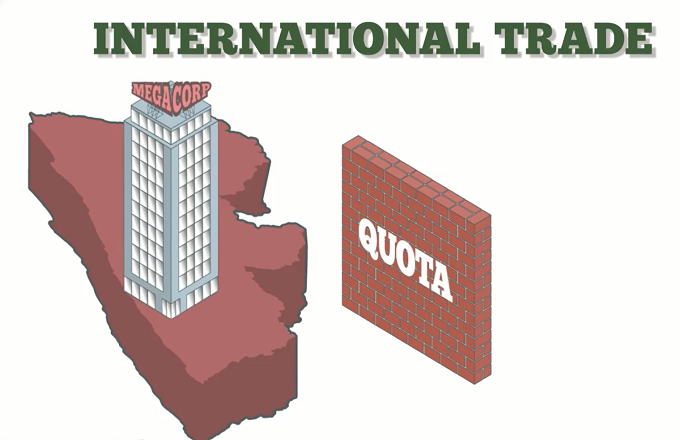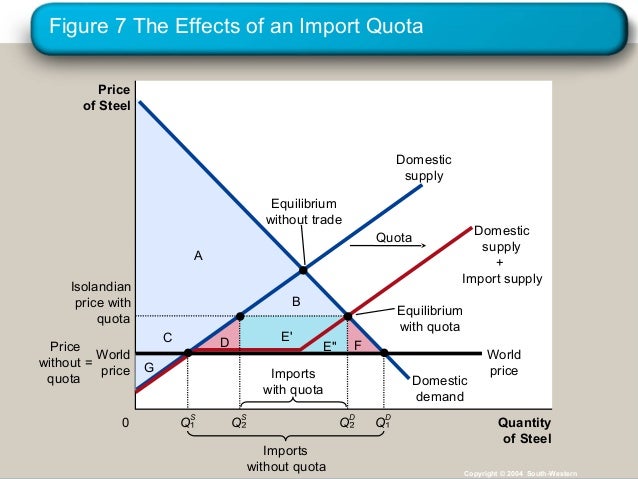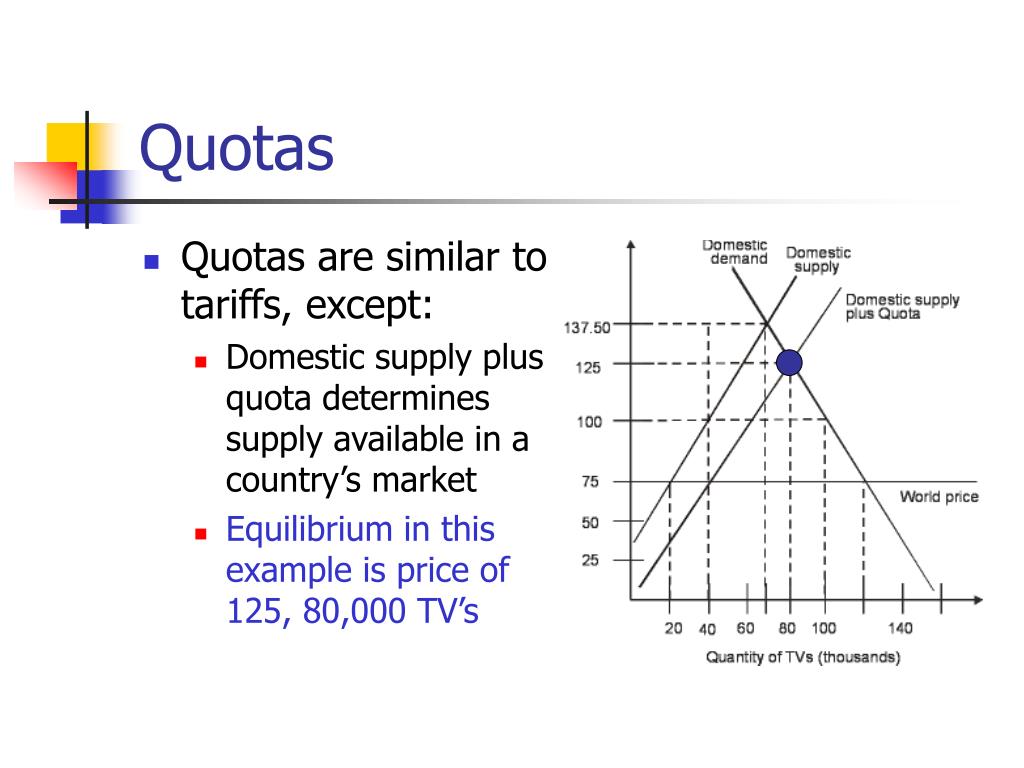What does quota mean
Table of Contents
Table of Contents
In today’s global economy, international trade has become a crucial aspect of many countries’ success. Trade Quota is one tool used in international trade to regulate the flow of goods and services, but how do they work and what is their impact? In this article, we will dive into Trade Quota and its effects on international trade.
Pain Points Related to Trade Quota
Trade Quotas limit the number of goods and services that can be imported or exported in a specific time frame. While they are intended to protect domestic industries and promote jobs, they can lead to a lack of competition and increased prices for consumers. Additionally, trade quotas can lead to strained diplomatic relationships between countries, as quotas are often seen as limiting fair trade between nations.
The Target of Trade Quota
The target of Trade Quota is to control the flow of goods and services between countries, specifically to protect domestic industries and jobs from foreign competition. They are often used in conjunction with tariffs, which are taxes imposed on imports to increase the price of foreign goods and make domestic products more competitive. By limiting the amount of foreign goods available, domestic businesses have the chance to grow and thrive, potentially creating more jobs and boosting the economy.
Summary of the Main Points
Trade Quota is a tool used in international trade to regulate the flow of goods and services between countries. While intended to protect domestic industries and jobs, they can lead to a lack of competition and increased prices for consumers. They are often used in combination with tariffs to promote fair trade practices and boost domestic businesses.
Understanding the Target of Trade Quota
Trade Quotas are put in place to help prevent foreign companies from flooding the market and taking over the domestic industry. In my personal experience, I have seen the effects of trade quotas first hand. At one point, the company I worked for was considering moving our manufacturing operations overseas to save on costs. However, due to trade quotas, we were unable to import the necessary materials needed to produce our products at the scale we needed. This led to us reconsidering our plans and ultimately keeping our operations in the U.S.
Trade Quotas often have very specific targets, such as limiting the number of cars that can be imported from a specific country or limiting the amount of a certain product that can be exported. By controlling the flow of goods and services, Trade Quotas aim to ensure domestic industries have a fair chance to succeed.
The Effects of Trade Quotas on Diplomatic Relationships
Trade Quotas can lead to strained diplomatic relationships between countries, as they are often seen as limiting fair trade between nations. Additionally, quotas can cause shortages of goods and services, leading to increased prices for consumers. When countries impose quotas on each other, it can create tension and feelings of unfairness, ultimately impacting the economic and political relationship between the parties involved.
Understanding the Consequences
The consequences of Trade Quotas can be significant and far-reaching. While some industries may benefit from the protection provided by quotas, others may struggle to compete with foreign companies. Additionally, while quotas may boost domestic production and create jobs in the short term, they may also lead to an over-reliance on protectionist policies and a lack of innovation in the long term.
The Future of Trade Quotas
As the world becomes increasingly globalized, the use of Trade Quotas may continue to evolve. While they can be an effective tool for protecting domestic industries, they may also hinder economic growth and innovation. By promoting fair trade practices and strengthening diplomatic relationships between countries, it may be possible to hold onto the benefits of Trade Quotas while mitigating their negative effects.
Question and Answer
Q: What is the difference between a Trade Quota and a Tariff?
A: A Trade Quota is a limit on the amount of a specific good that can be imported or exported. A Tariff is a tax imposed on imported goods.
Q: What is the purpose of Trade Quotas?
A: The purpose of Trade Quotas is to protect domestic industries and promote jobs by limiting the amount of foreign goods and services that can be bought and sold.
Q: Can Trade Quotas have negative effects on consumers?
A: Yes, Trade Quotas can lead to a lack of competition and increased prices for consumers.
Q: Are Trade Quotas permanent?
A: No, Trade Quotas can be temporary or permanent, depending on the needs of the countries involved.
Conclusion of Trade Quota
Trade Quota is a tool used in international trade to regulate the flow of goods and services between countries. While they are intended to protect domestic industries and promote jobs, they can also lead to negative consequences, such as a lack of competition and strained diplomatic relationships. By understanding the effects of Trade Quotas and exploring alternatives, it may be possible to create a fair and sustainable global economy.
Gallery
Schmidtomics - An Economics Blog: Protectionism - Tariffs And Subsides

Photo Credit by: bing.com / quota graph economics tariffs trade quotas protectionism analysis domestic closed 2010
What Does Quota Mean - ShortQuotes.cc

Photo Credit by: bing.com / quota quotas import tariff definition mean shortquotes noun tpm senses protectionism pngio pandey neha
Trade Quota - ShortQuotes.cc

Photo Credit by: bing.com / quota quotas shortquotes domestic restricted acts tariffs
International Trade

Photo Credit by: bing.com / quota
PPT - International Trade PowerPoint Presentation, Free Download - ID:75370

Photo Credit by: bing.com / quotas trade international quota ppt economic powerpoint presentation slideserve






